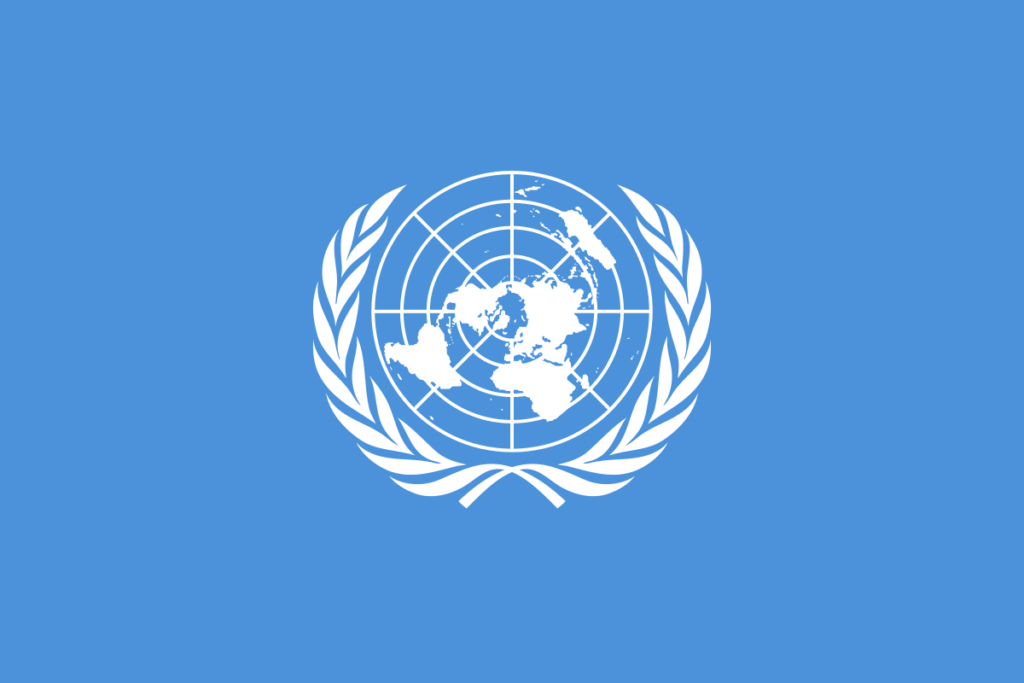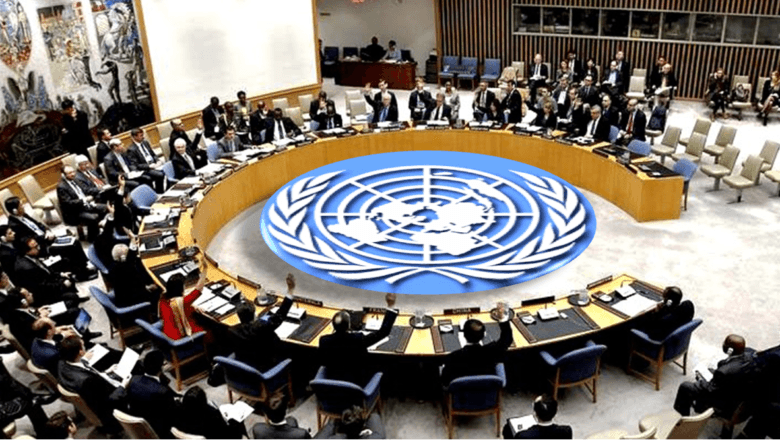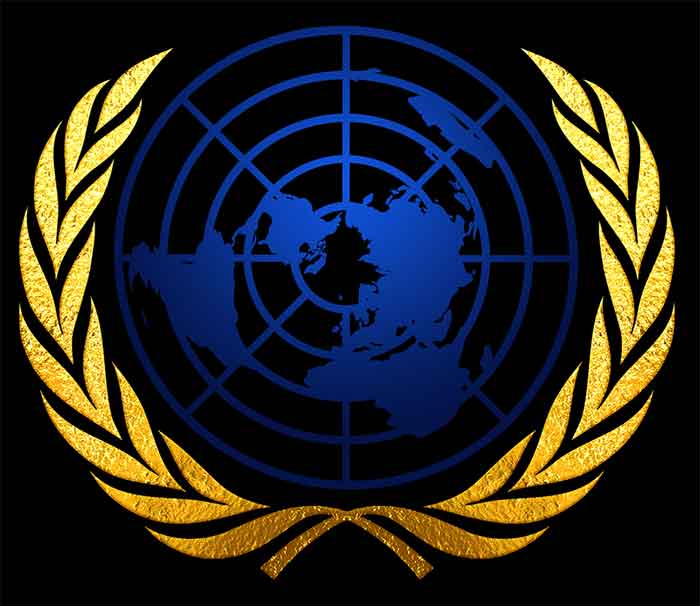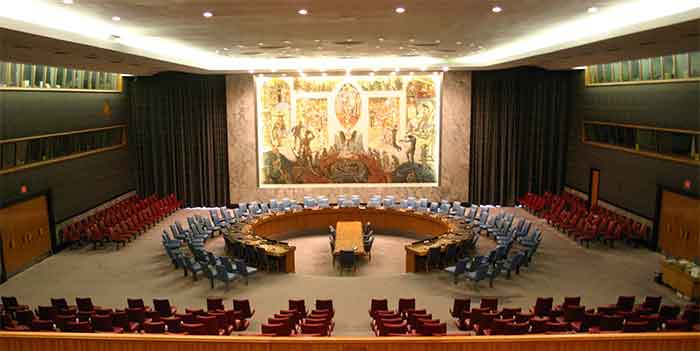
Media reports said:
The aid circle has pledged to combat the scourge of sexual abuse within its ranks following shock revelations of alleged exploitation in the Democratic Republic of Congo.
In a report published in early-October, more than 50 women levelled accusations against aid workers from the World Health Organization (WHO), other UN agencies and major non-governmental organizations (NGO) during the 2018-2020 Ebola crisis in the volatile eastern DR Congo.
A year-long investigation by the Thomson Reuters Foundation and The New Humanitarian contained allegations of sexual exploitation, including propositioning women, forcing them to have sex in exchange for a job, or terminating contracts when they refused.
“The largest number of accusations – made by 30 women – involved men who identified themselves as being with the WHO,” the report said.
The similarities between the accounts given by women in the eastern city of Beni suggested the practices were widespread, the report said.
The WHO insisted it was taking the “horrific” allegations “deadly seriously” and had launched an investigation.
The WHO has pledged to investigate allegations that aid workers tackling the Ebola outbreak in the Democratic Republic of Congo sexually abused and exploited women.
The other UN agencies accused – the International Organization for Migration and the UN Children’s Fund UNICEF – plus NGOs cited have done likewise.
The Congolese authorities and the society have joined the chorus of outrage.
“On behalf of the government, I condemn this kind of attitude,” said government spokesperson David Jolino Makelele.
“We are going to strengthen our control over these kinds of missions,” he told Top Congo radio.
“We want them to send to us people of a certain morality.”
Congolese 2018 Nobel Peace Prize winner Denis Mukwege urged victims to file complaints.
“We have very courageous jurists and lawyers. I do not think they will back down in the face of international organizations,” said the gynaecologist, who defends female victims of sexual violence.
The UN says it has learned from previous sexual abuse scandals, such as that involving peacekeepers in the Central African Republic in 2014 and 2015.
“We have now at the UN secretariat a database to which the agencies report in real time any abuse allegation,” Alessandra Vellucci, spokeswoman for the UN in Geneva, told reporters on Friday.
UN Secretary-General Antonio Guterres has “a zero tolerance policy”, she stressed.
Jens Laerke, spokesperson for the UN Office for the Coordination of Humanitarian Affairs (OCHA), said the system to help people to come forward clearly “doesn’t seem to have worked.”
“It is very, very painful for everybody involved with the best intentions in humanitarian assistance to see these cases emerge,” he said.
“No-one receiving humanitarian assistance anywhere in the world should ever be subjected to that.”
A UN executive said donors, OCHA, the main UN agencies and NGOs “should sit down together and say ‘we have a serious problem here’.”
“The humanitarian world has yet to confront the problem squarely,” the official said.
WHO
The WHO played a leading role in the response to the 2018-2020 Ebola crisis, which was declared over on June 25.
Nearly 2,300 were killed – the highest Ebola outbreak death toll in the DRC’s history and the second highest ever in the world.
The WHO director-general Tedros Adhanom Ghebreyesus told a virtual press briefing in Geneva on Friday that he was “outraged” by the revelations.
“We come to save lives and spread hope. The betrayal of people in the communities we serve is reprehensible. We will not tolerate behavior like this,” he said, adding that perpetrators would face “serious consequences”.
UNICEF
UNICEF on became the third UN agency to launch an internal inquiry into sexual abuse of women in the DRC, promising “serious consequences” for any culprits.
The children’s fund said in a statement it was “appalled that people who identify as UNICEF workers have reportedly committed abuse against vulnerable women in the Democratic Republic of the Congo.”
It was not immediately clear how many UNICEF employees had been accused.
IOM
The International Organization for Migration (IOM) said it too was investigating allegations of sexual abuse and exploitation by one of its staff during the DRC’s Ebola crisis.
“Such abuses by UN personnel and other humanitarian workers are an outrageous breach of trust with those we are mandated to support, often in very trying humanitarian circumstances,” the IOM said earlier Wednesday.
After a “serious allegation” against one particular IOM worker, the agency “is determined to investigate and eradicate these shocking abuses wherever and whenever they occur,” it added.
Money, jobs
Local women were allegedly plied with drinks, “ambushed” in hospitals, forced to have sex, and two became pregnant.
The allegations cover the period between 2018 and March this year.
“Horrified but not surprised,” a leading witness told AFP, on condition of anonymity, following the allegations in the report.
“All the ingredients came together,” the witness said, citing concerns “from day one”.
Among those ingredients was an influx of money and generally well-paid humanitarian workers into the poor region around the afflicted towns of Beni and Butembo.
A billion dollars poured in to tackle the outbreak, funding the activities of UN agencies and NGOs under the auspices of the DR Congo’s health ministry.
For poor locals, the influx represented a rare chance to find decent work as drivers, security guards and housekeepers with the anti-Ebola response teams.
“We are here to look for a job, so that we can have something to eat,” a woman called Salome told AFP in March 2019 as she waited with dozens of others outside an Ebola treatment centre in Butembo.
Most of the allegations of sexual abuse and exploitation were against men, including doctors, said to be from the WHO. At least 30 women made allegations against them, the news agencies reported.
The next highest number of allegations – made by eight women – were against men said to be from DR Congo’s health ministry.
Two other UN agencies, and four international charities, were also named in the report.
Some of the accused men came from Belgium, Burkina Faso, Canada, France, Guinea-Conakry and Ivory Coast.
Many men refused to wear condoms, and at least two women said they became pregnant as a result of the abuse.
A 25-year-old cleaner was quoted as saying that she was invited to a WHO doctor’s home to discuss a promotion.
“He shut the door and told me: ‘There’s a condition. We need to have sex right now’,” the woman said.
“He started to take my clothes off me. I stepped back but he forced himself against me and kept pulling off my clothes. I started crying and told him to stop… He did not stop. So I opened the door and ran out.”
In another case, a 32-year-old Ebola survivor told the news agencies that she was invited to a hotel for counselling.
In the lobby, she was offered a soft drink. She said she woke up hours later, naked and alone in a hotel room, and believes she was raped.
Many women said they were forced to have sex in exchange for jobs, with one describing it as a “passport to employment” and another said “they hire you with eyeballs.”
Women said they were approached outside supermarkets in the eastern city of Beni, job recruitment centers, and hospitals where lists of successful candidates were posted.
The news agencies also quoted one woman as saying that “the practice of men demanding sex had become so common that it was the only way to get a job.”
SIGN UP FOR COUNTERCURRENTS DAILY NEWSLETTER














































